Indian Citizens Who Won The ‘Nobel Prize’
History…
Alfred Nobel was an inventor, entrepreneur, scientist and businessman who also wrote poetry and drama. His varied interests are reflected in the prize he established. and which he lay the foundation for in 1895 when he wrote his last will, leaving much of his wealth to the establishment of the prize.
Since 1901, the Nobel Prize has been honoring men and women from around the world for outstanding achievements in physics, chemistry, physiology or medicine, literature, and for work in peace.
First instituted in 1901, a total of 904 individuals (852 men and 52 women) and 24 organizations were awarded the Nobel Prize between 1901 and 2018. Among the total recipients, 12 are Indians (five Indian citizens and seven of Indian origin or residency). Rabindranath Tagore was the first Indian citizen to be awarded and Mother Teresa is the only woman among the list of recipients.
Indian Citizens Who Won The ‘Nobel Prize’
Rabindranath Tagore – The Nobel Prize in Literature 1913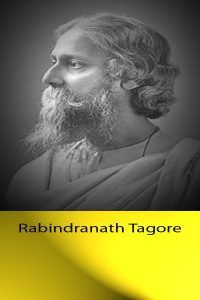
The celebrated Indian poet, musician, and painter, Rabindranath Tagore was awarded the Nobel Prize in Literature for “his profoundly sensitive, fresh and beautiful verse”. Also called the Bard of Bengal and Gurudev, Tagore was one of the greatest literary figures of India. He composed the national anthems of India and Bangladesh and the national anthem of Sri Lanka is believed to have been inspired from his poetry. Tagore’s songs, poetry, novels, and essays are now cult classics.
CV Raman – The Nobel Prize in Physics 1930 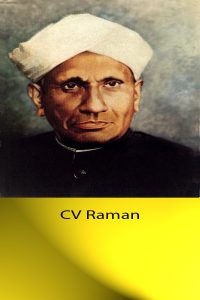
Sir Chandrasekhara Venkata Raman, or CV Raman as he was better known, won the Nobel Prize for Physics in 1930 “for his work on the scattering of light and for the discovery of the effect named after him”. His discovery of what is now known as the “Raman Effect” – the phenomenon of change in wavelength in light rays that are deflected – is a path breaking milestone in the understanding of physics. He was one of the greatest Nobel Prize winners of India.
Mother Teresa – The Nobel Peace Prize 1979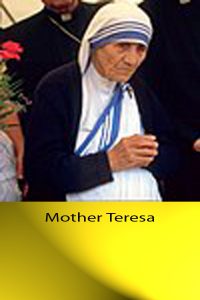
Born in the Republic of Macedonia, Mother Teresa moved to India at the age of 19. She spent the rest of her life here as a Roman Catholic nun and as a missionary serving the “poorest of the poor”. Her humanitarian work led her to establish the Missionaries of Charity. Her reputation as the messiah of the poor and the dying brought in aid from all parts of the world and earned her the Nobel Peace Prize in 1979. She was canonized by the Roman Church in 2016, 19 years after her death.
Amartya Sen – The Sveriges Riksbank Prize in Economic Sciences in Memory of Alfred Nobel 1998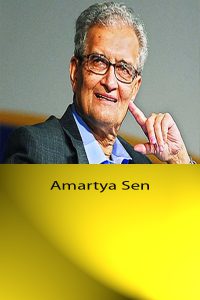
In 1998, Amartya Sen was awarded the Nobel Prize in Economic Sciences “for his contributions to welfare economics”. Born in Manikganj (British India) Sen studied economics and went on to teach the subject in many reputed institutions in both the US and the United Kingdom. One of the greatest Indian Nobel Prize winner, his research papers on economics and social justice, theories of famines, and welfare economics earned him much recognition and many awards including the Nobel Memorial Prize in 1998.
Kailash Satyarthi – The Nobel Peace Prize 2014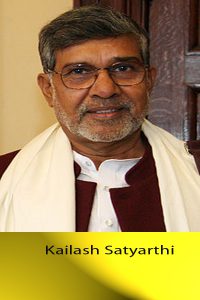
Kailash Satyarthi from Madhya Pradesh was awarded the Nobel Peace Prize in 2014 for his “struggle against the suppression of children and young people and for the right of all children to education”. This children’s rights and education activist has dedicated his life away from the spotlight, battling corporates for their use of child labour. He has also brought children’s right of education to the spotlight through his work with UNESCO. He shared this Nobel Peace Prize, 2014 with Malala Yousafzai of Pakistan.
Indian-born Nobel Laureates
Har Gobind Khorana – The Nobel Prize in Physiology or Medicine 1968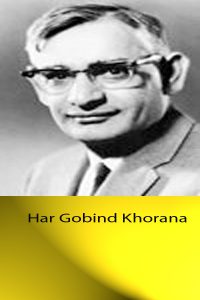
Indian-born American biochemist, Har Gobind Khorana was awarded the Nobel Prize for Physiology or Medicine in 1968 along with Marshall W. Nirenberg and Robert W. Holley “for their interpretation of the genetic code and its function in protein synthesis”. The trio’s research established the fact that nucleotides present in nucleic acids (acting as the carrier of a cell’s genetic code) control the process of synthesis of proteins by the cells.
Subrahmanyan Chandrasekhar – The Nobel Prize in Physics 1983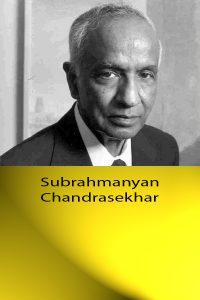
The Nobel Prize in Physics 1983 was awarded to Subrahmanyan Chandrasekhar for “histheoretical studies of the physical processes of importance to the structure and evolution of the stars”. Nephew of another Nobel Laureate, Sir CV Raman, Subrahmanyan Chandrasekhar was born in India but eventually moved to the US. His discoveries led to the establishment of the physical process involved in the evolution of stars. He also determined the upper limit of a white dwarf’s mass; this is referred to as Chandrasekhar limit.
Venkatraman Ramakrishnan – The Nobel Prize in Chemistry 2009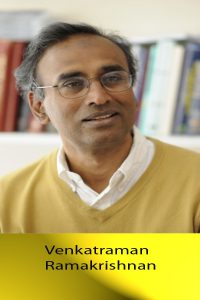
Indian-born American-British structural biologist Venkatraman Ramakrishnan was awarded the Nobel Prize in Chemistry 2009 along with Thomas A. Steitz and Ada E. Yonath, “for studies of the structure and function of the ribosome”. He is currently President of the Royal Society (of London).
Nobel Laureates With Indian Links
Ronald Ross – The Nobel Prize for Physiology or Medicine 1902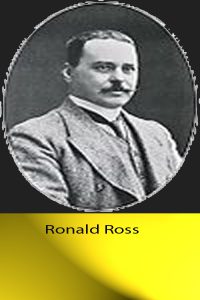
Sir Ronald Ross was born in Almora, part of British India and worked with the Indian Medical Service for a quarter century. Sir Ross enabled us to combat and conquer malaria (which was quite fatal at the time) with his discovery that proved the transmission of the malarial parasite by mosquitoes.
Rudyard Kipling – The Nobel Prize in Literature 1907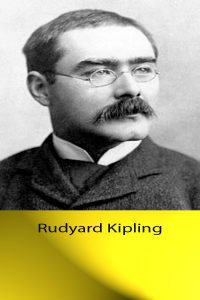
Rudyard Kipling, the well-known poet, and writer were born in Bombay (British India). His love of the country where he was born is rather legendary and he is believed to have based a number of his works such as The Jungle Book on his experiences in India. He was awarded the Nobel Prize in Literature in 1907.
14th Dalai Lama – The Nobel Peace Prize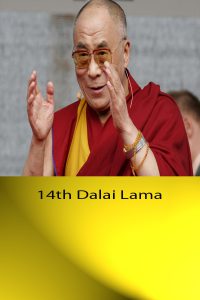
Tenzin Gyatso, the 14th and current Dalai Lama, was awarded the Nobel Peace Prize in 1989 for “the struggle of the liberation of Tibet and the efforts for a peaceful resolution”. The Dalai Lama has become the face of peace and harmony, the world over while at the same time standing up for his convictions about the Tibet issue.
V. S. Naipaul– The Nobel Prize in Literature 2001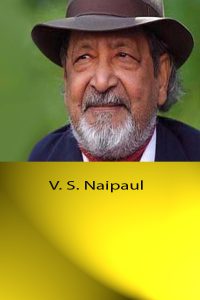
Sir VS Naipaul was the son of Hindu Indians who had immigrated to Trinidad. With over 30 books to his credit, Naipaul was awarded the Nobel Prize for Literature in 2001 “for having united perceptive narrative and incorruptible scrutiny in works that compel us to see the presence of suppressed histories”.
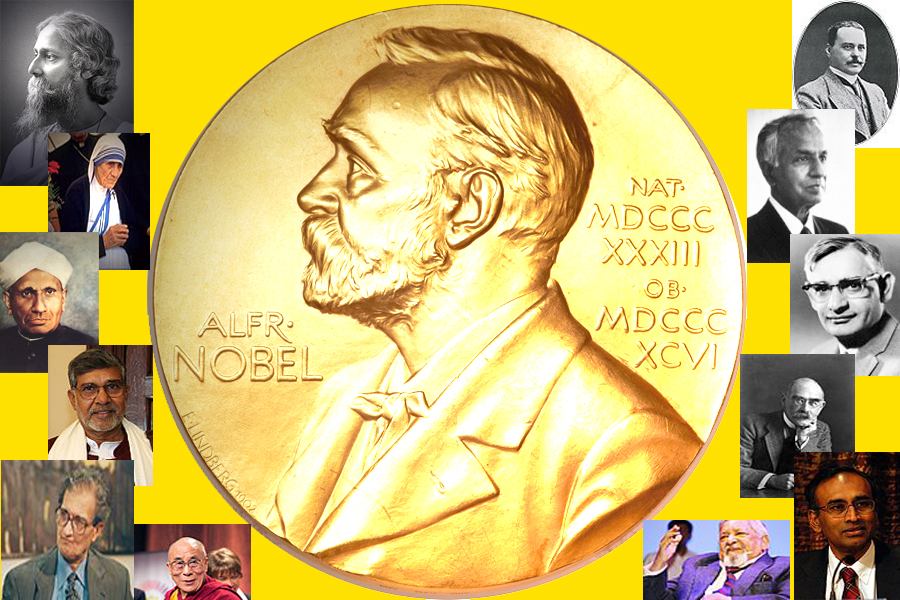
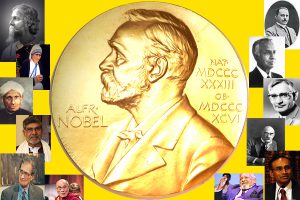




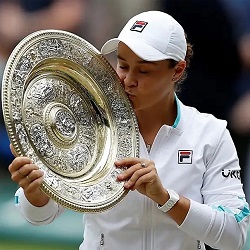
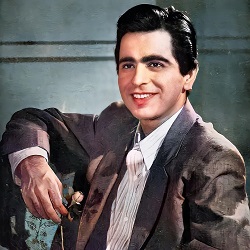
Hi there! Such a good write-up, thank you!
Your website has exceptional web content. I bookmarked the website
Good post. I study one thing more challenging on totally different blogs everyday. It can at all times be stimulating to learn content from different writers and observe a bit of one thing from their store. I’d desire to make use of some with the content on my blog whether you don’t mind. Natually I’ll provide you with a link on your internet blog. Thanks for sharing.